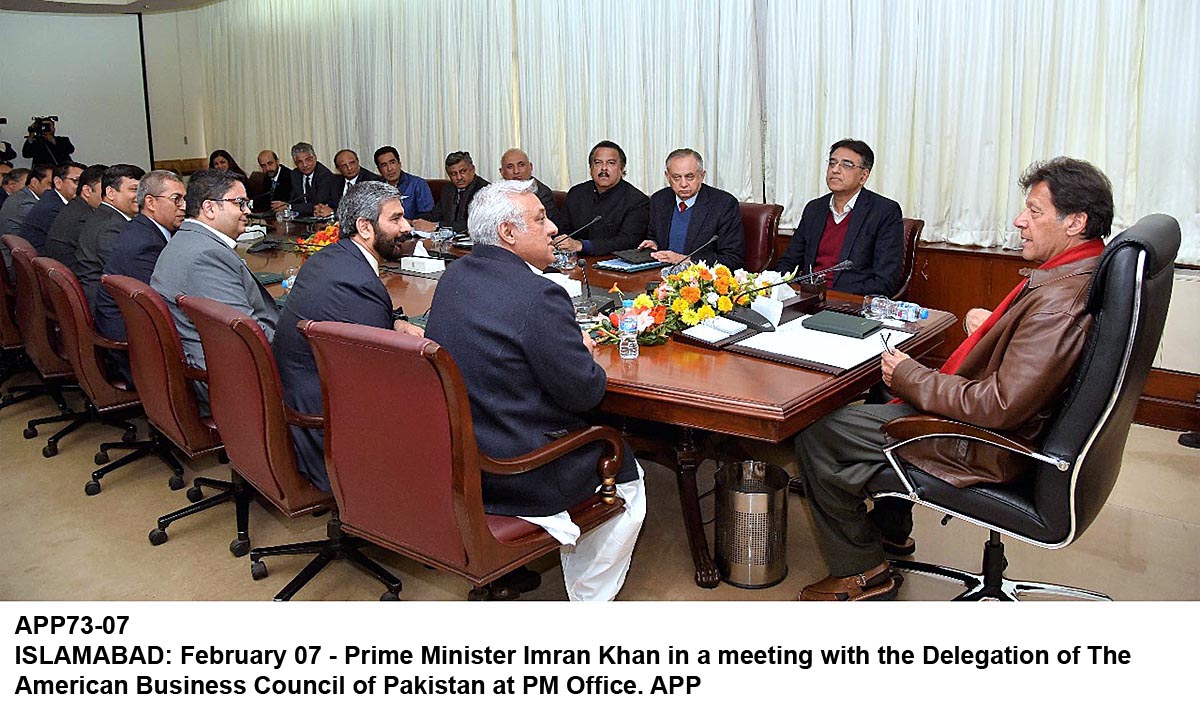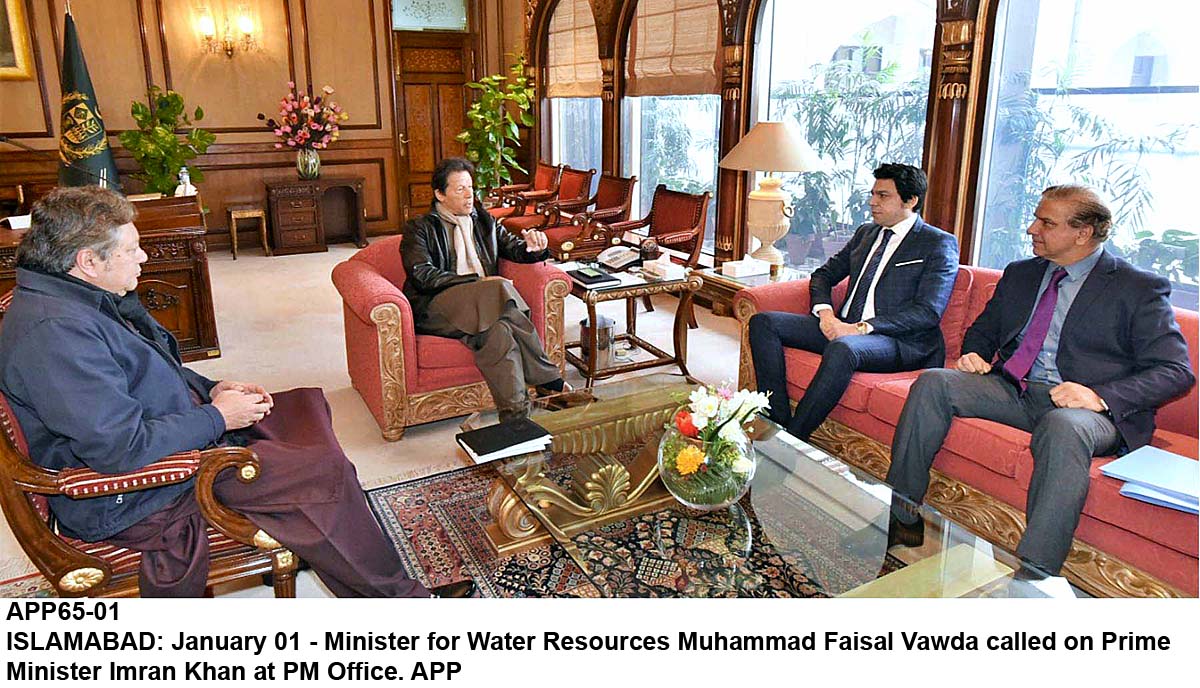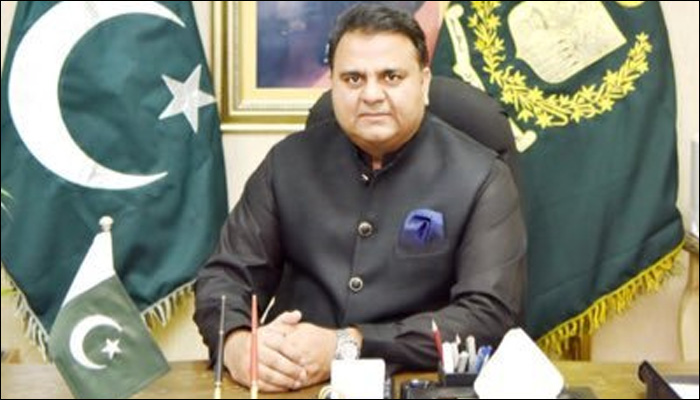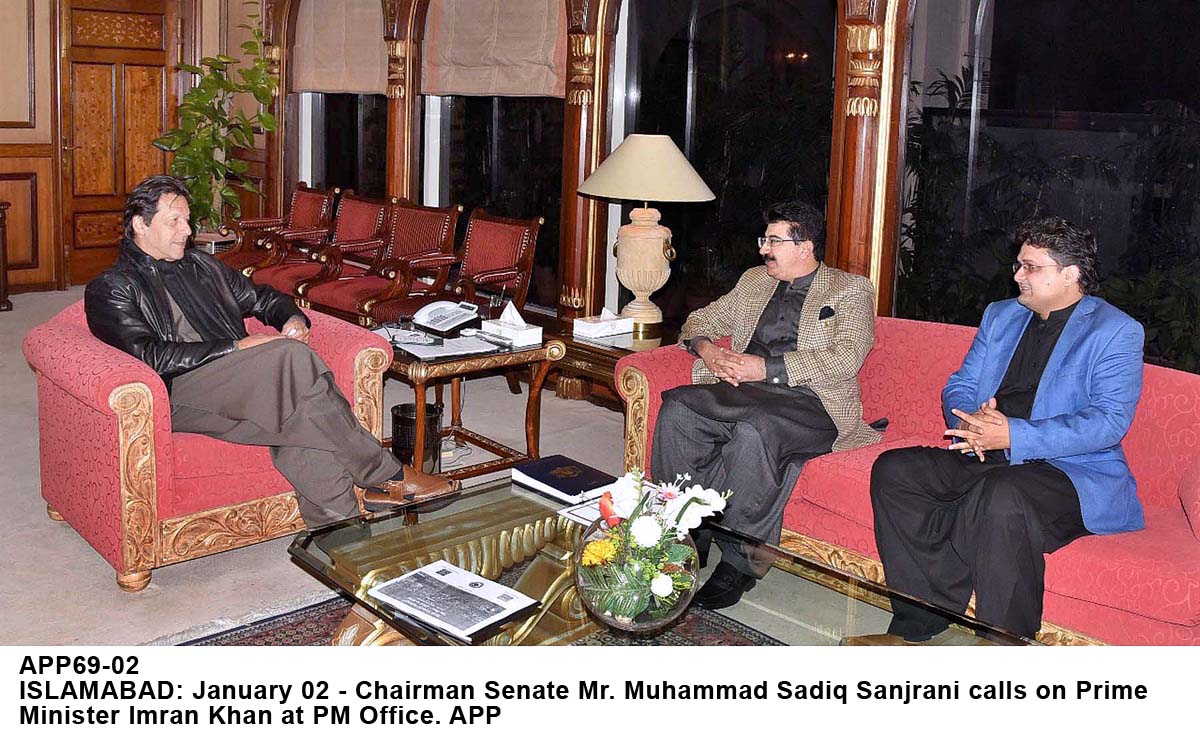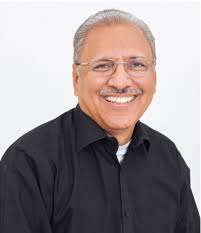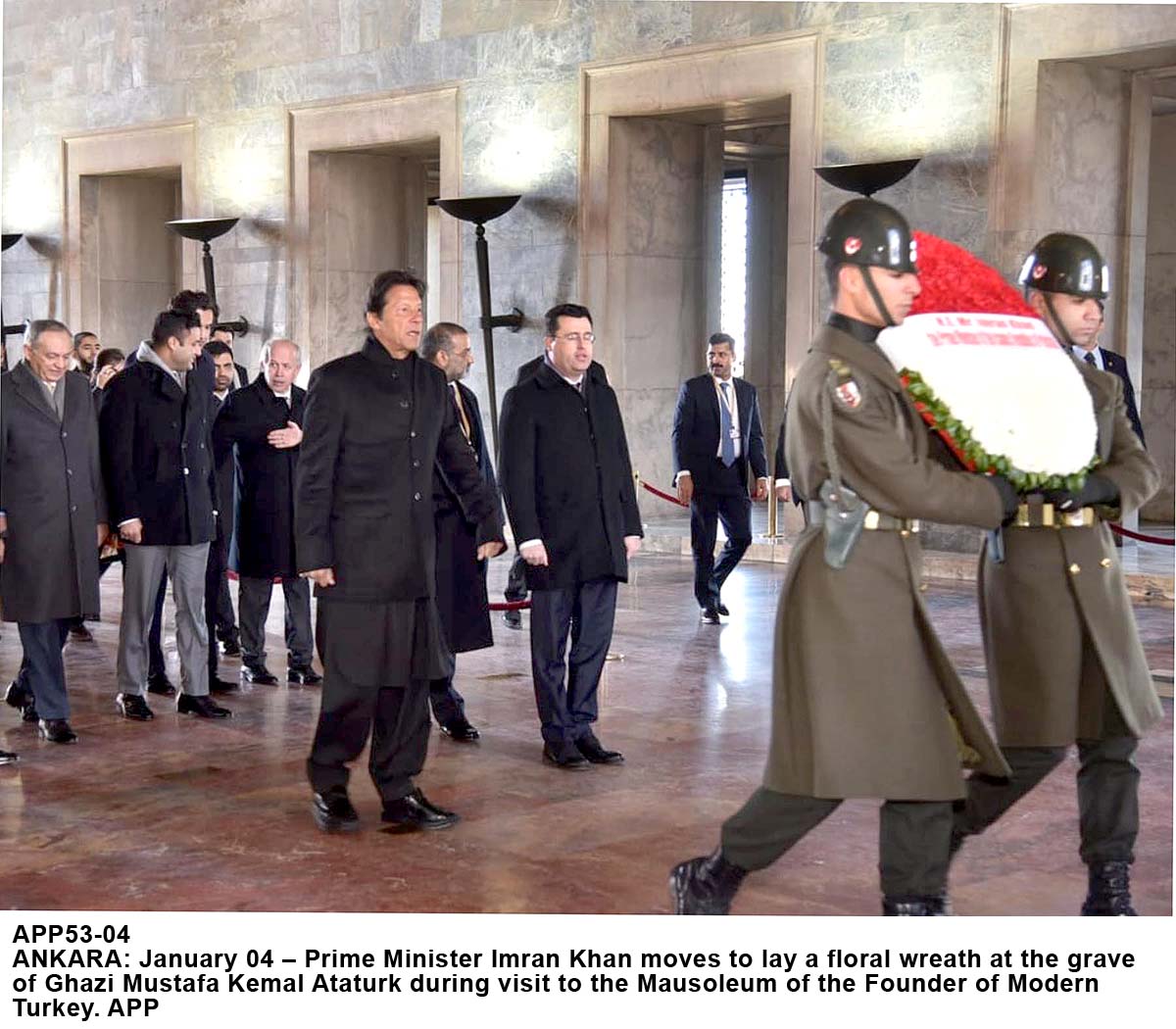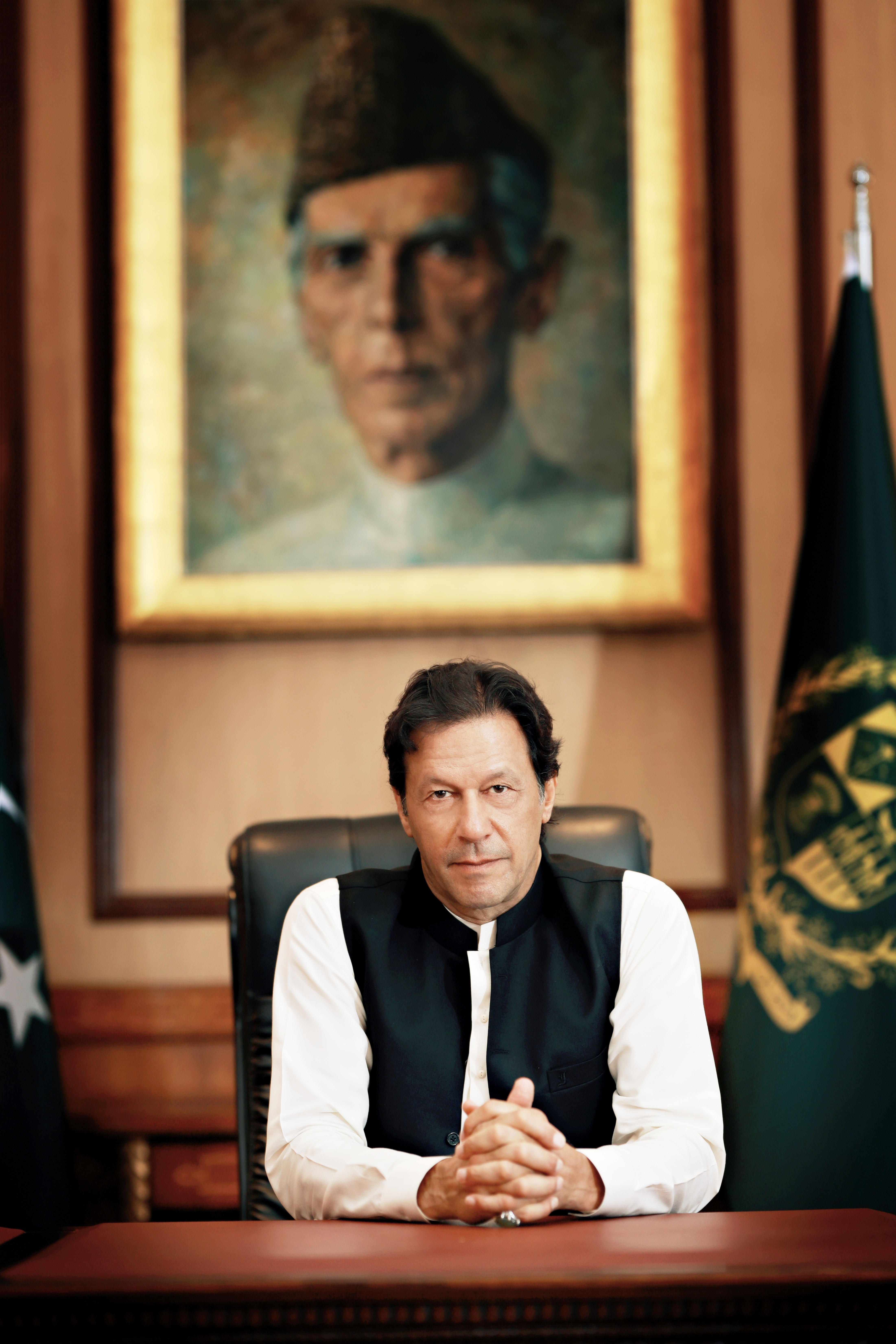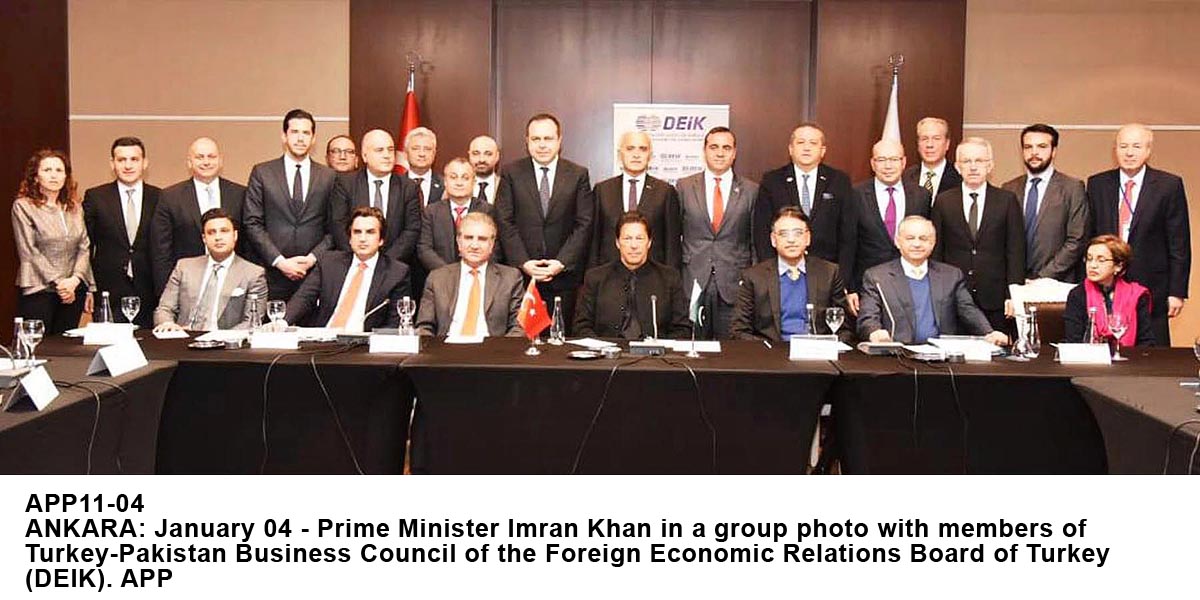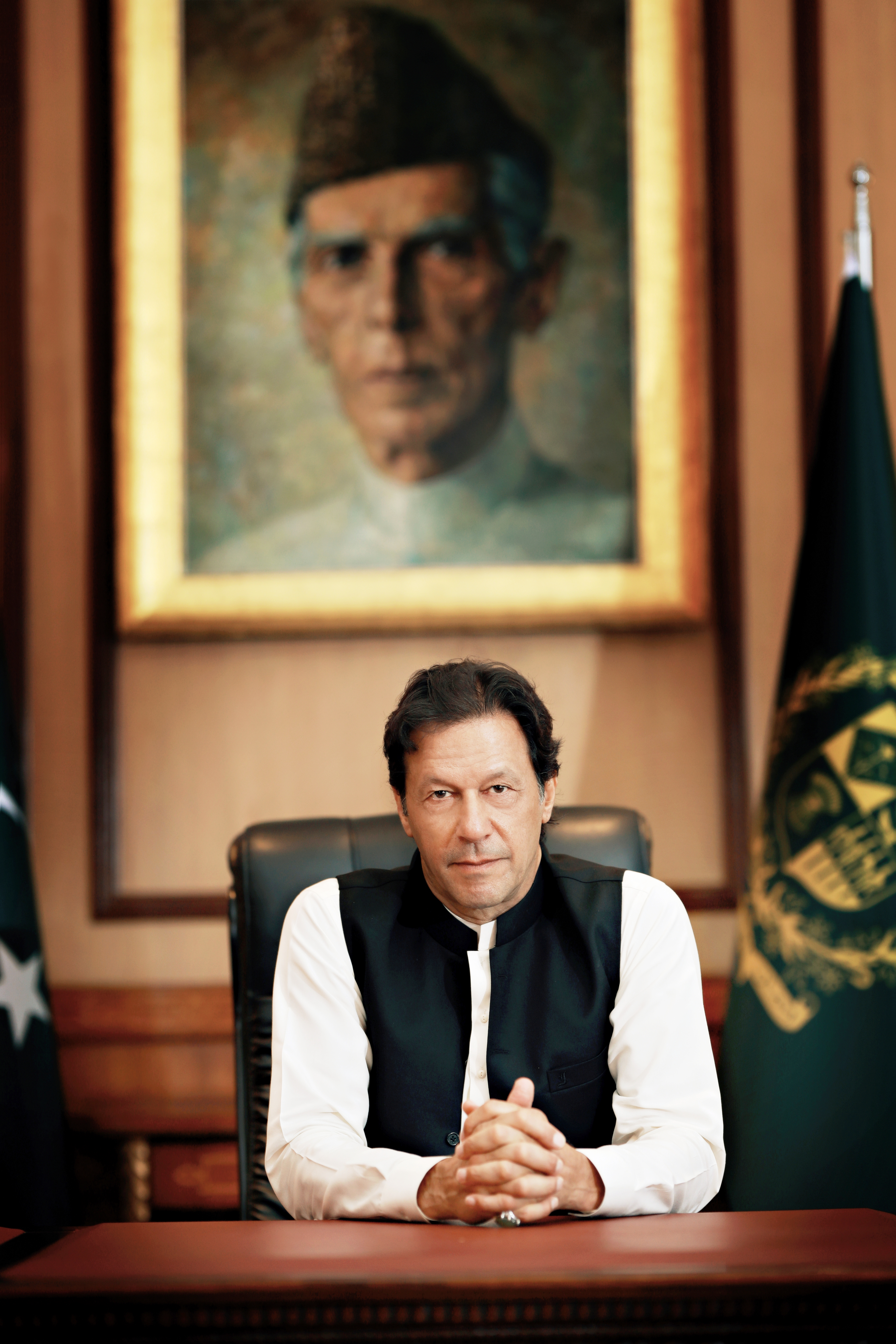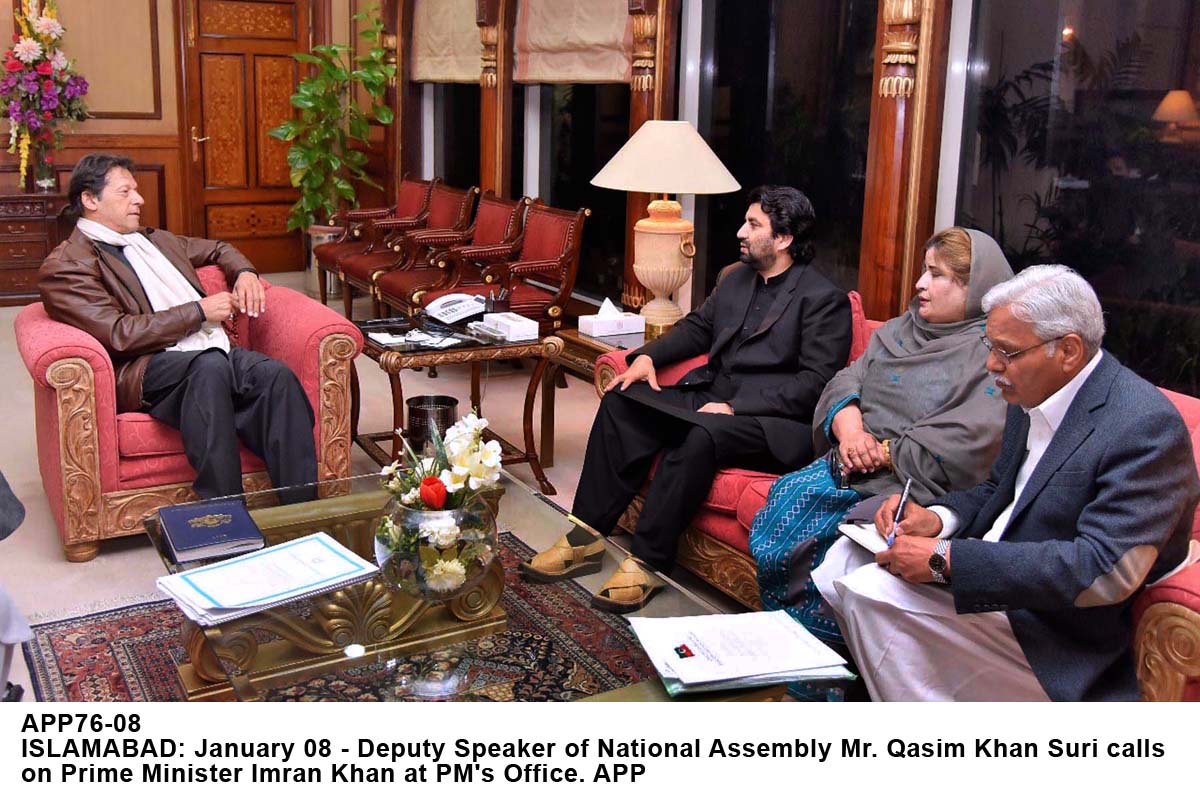
Kashmir Police Chief Vijay Kumar told Reuters freelance Kashmiri photojournalist Masrat Zehra, a contributor to various international publications, had been booked under India’s Unlawful Activities (Prevention) Act for her “anti-national” posts on Facebook and other social media.
The law allows the government to designate individuals as terrorists and empowers India’s National Investigation Agency to investigate such cases. Police have not arrested the journalists so far. “The post by the (Facebook) users can provoke the public to disturb the law and order besides glorifying the anti-national activities”, Kumar said, in an apparent reference to Zehra’s postings on social media. Recent feeds from Zehra, who has accused the government of censorship, have focused on militancy in Kashmir, as well as scenic beauty and COVID-19 related issues. “They want to silence and suppress me for bringing out the repressed voices and stories from Kashmir,” she said on Monday.
The government in August revoked the constitutional autonomy of Indian Occupied Jammu and Kashmir. The change in status was accompanied by a security crackdown that included the severing of telecommunications links and curbs on travel and the deployment of thousands of troops.
Kumar also said Pirzada Ashiq, a journalist working with the Hindu newspaper, had been summoned for publicising “fake news” in the newspaper about a gunbattle in which two rebels were killed last week.
Senior staff at the newspaper could not be reached for immediate comment.
“The details reflected in the news item were found factually incorrect,” he said, adding that “district authorities” had not been sought out for confirmation.
Kumar added that the journalist would be arrested if he were found to have acted deliberately.
The Kashmir Press Club condemned what it described as harassment in the summoning of journalists by police in Kashmir.
“Even in this time of coronavirus pandemic journalists in Kashmir have been called to police stations and forced to present themselves to explain their stories,” a statement issued by press club said.
“Government, especially the police, need to understand there is a vast difference between journalism and cybercrime,” the statement said.
Meanwhile, the Foreign Office Monday rejected remarks of an official spokesperson of the Indian Ministry of External Affairs (MEA) over comments made by the Pakistani leadership regarding minorities’ rights in the neighbouring country.
The remarks made by MEA’s spokesperson were termed “irresponsible and completely ill-founded, which are reflective of India’s perennial state of denial with regard to the rights of minorities, particularly Muslims, in India”.
Responding to a media query, the FO spokesperson, in a press release, said, “India would be well-advised to heed the calls of its own minorities and civil society, its neighbours, and the international community and take effective steps to protect the fundamental rights of minorities in India.”
“The treatment of minorities in India is a matter of serious concern not only for the Indian minorities and the neighbouring countries but also for the international community,” the press release said.
It further said it was deeply disconcerting that the discriminatory and anti-Muslim policies and practices of the RSS-inspired BJP government persisted even as the COVID-19 pandemic unfolded.
“A systematic campaign remains underway to demonise Muslims, who face further exclusion as well as increasing threat of mob violence. These instances have been extensively documented in the Indian and international media and people of conscience worldwide are raising their voices,” it added.

